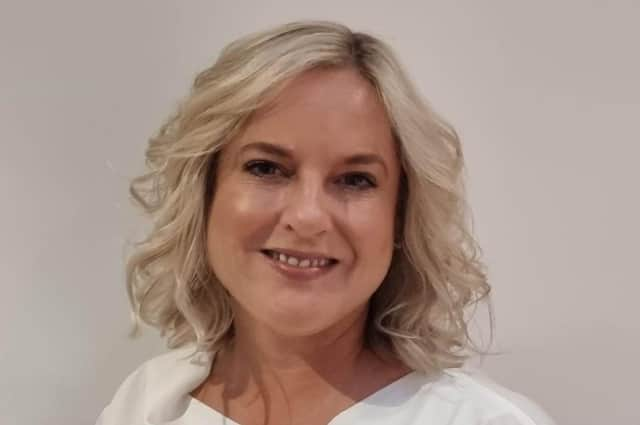Cervical screening is vital to protect you from cancer - column by Maz Foch, chief executive at Lincolnshire Community Health Services NHS Trust


We are supporting cervical cancer prevention and encouraging people to go for their cervical screening (smear test).
LCHS runs a sexual health service called Lincolnshire Sexual Health (LiSH), which provides integrated sexual health and contraception services to people in Lincolnshire, including cervical screening.
Advertisement
Advertisement
As part of the national cervical screening campaign, we are asking people eligible for screening – women and people with a cervix aged 25 to 64 – to respond to their cervical screening invitation letter, and to book an appointment with their GP practice or at one of our LiSH clinics.
This test is not to diagnose cervical cancer, but to check the health of the cervix, which is the lower part of the womb.
For the majority of women the screening will show that everything is fine, but for one in 20 women there may be some changes in the cells that can be caused by many things.
Most of these changes will not lead to cervical cancer.
Screening helps prevent cervical cancer by checking for a virus called high-risk HPV, which causes nearly all cervical cancers.
Advertisement
Advertisement
This is the best way to find out who is at higher risk of developing the cervical cell changes that, over time, could potentially lead to cervical cancer. Any cervical cell changes can be treated, preventing cervical cancer.
The statistics speak for themselves on how serious cervical cancer is, two women die every day from cervical cancer, yet it is one of the most preventable cancers.
Around 2,700 women in England are diagnosed with cervical cancer each year and it is the second most common cancer among women under 35.
Cervical screening prevents up to 75% of cervical cancers and saves 5,000 lives a year in the UK.
Advertisement
Advertisement
We are all busy and it’s easy to let your cervical screening appointment fall to the bottom of your ‘to do’ list, as I have done in the past, but this is the kind of “life admin” that shouldn’t be delayed.
The screening only takes a few minutes and these few minutes could save your life, so please book your screening when you receive your letter.
If you are reading this and have a female partner, one of the best things you could do is to take an interest in their health and ask them: “Are you up to date with your cervical screening?”